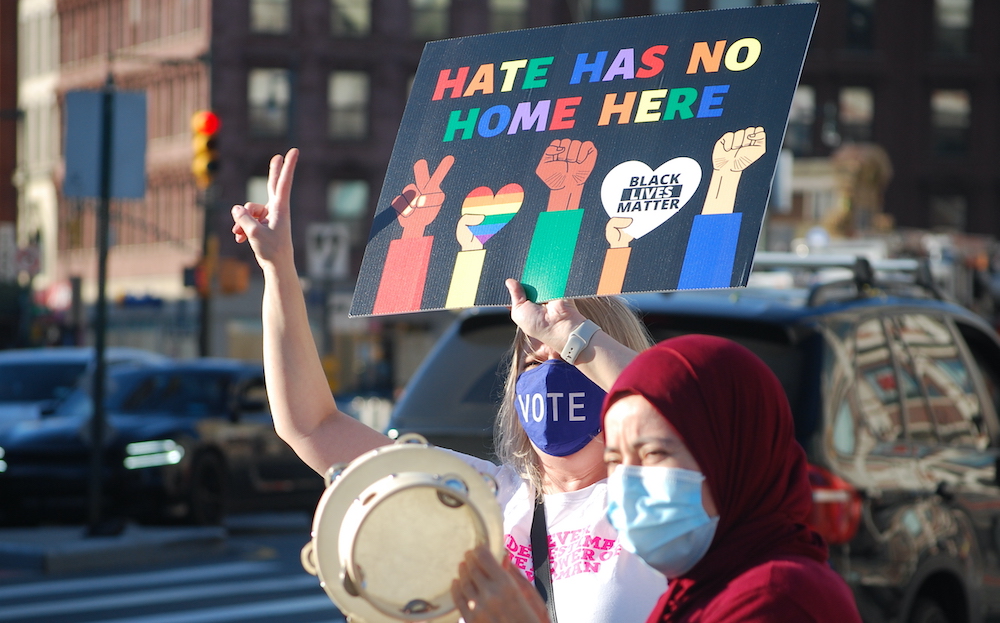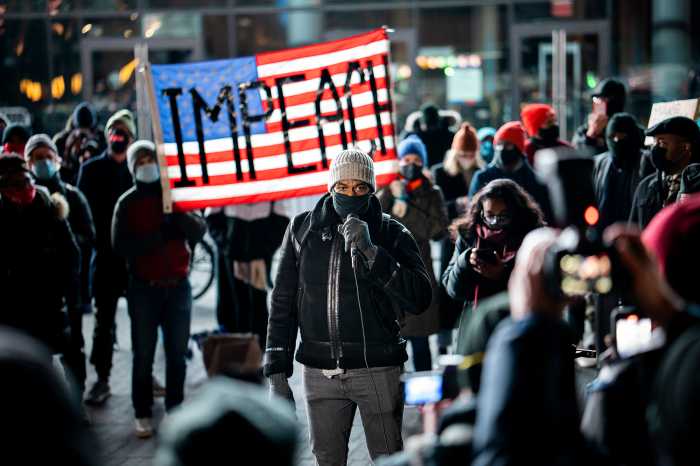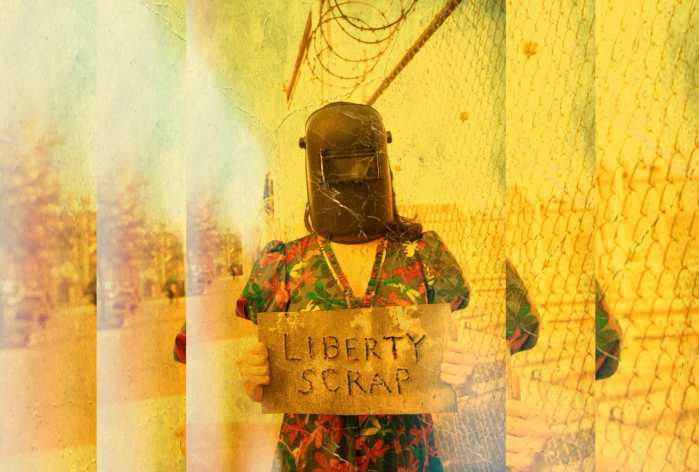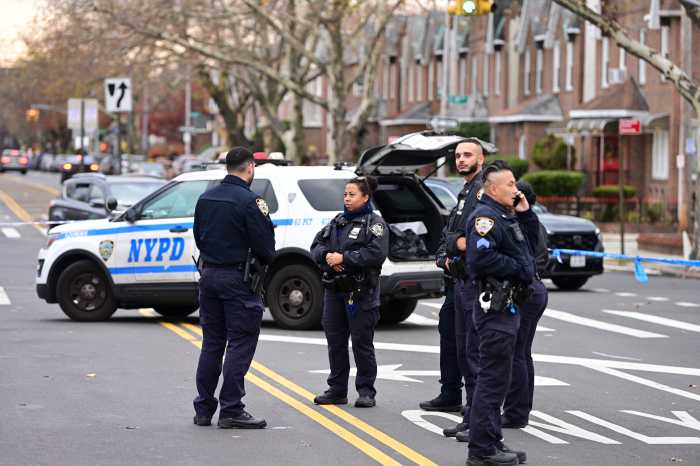One of the things I can’t stand about covering politics is that to score political points and make themselves feel omnipotent, elected officials and politicized government agencies tend to call all their decisions a “landmark” and every issue is ramped up to be a crisis.
The most recent such declaration is the NYC Department of Health’s (DOH) “landmark” resolution on Monday declaring racism a public health crisis.
The Bubonic plague was a health crisis. So was the COVID-19 pandemic.
Racism is a social crisis, but even calling it a crisis reflects a lack of imagination, foresight, or intellectual insight. The medical term is myopic thinking.
It’s a pre-existing condition which all of us have been struggling to overcome for decades hence — and will likely struggle to eradicate for decades more. Yet our effort to eradicate the condition succeeds more often than it fails.
Let’s put things in perspective here.
About two years ago, I went to Japan to meet my first grandchild as my oldest black-and-white son lives there and had a baby with his Japanese wife.
Like most countries in the world, Japan is largely a homogenous society. Just about everybody you run into is Japanese. It’s like that in many countries. Even developing countries.
When I took the A train home from JFK Airport after visiting Japan, next to me was a black woman with a child in a stroller. Across from me was a Latino family and next to them were Muslim women wearing hijabs. A Pacific Asian couple were a few seats to my left.
That’s because the United States and particularly New York City is not homogenous. Our country is made up of a hodge-podge from the world over, and even with our growing diversity, we’re still dealing with our past sin of enslaving Black-Americans as opposed to African-Americans who have immigrated here. Our first mixed-race Black president was the son of a Muslim Black immigrant from Kenya.
Do we always get along? No. Do we have racial and ethnic incidents? Yes. Do some ethnicities and races get deprived of government services and other privileges? Yes. Are there plenty of examples of systemic racism in our society that must be remedied? Yes.
None of our problems with race, however, are impossible to overcome.
In a health crisis, cures are hard to find. But in battling racism, we have proven treatments in the form of collective action, the law and a growing sense of tolerance within our own society that wants nothing to do with discrimination or hate.
We are more than 150 years past the days of slavery, and thanks to the Civil Rights movement of the 1960s – a legitimate social crisis – we are well past the dark days of when Jim Crow laws ruled over the land. Yet the battle goes on today as certain states of our Union try to reverse the tide of progress; those efforts to turn back the clock will undoubtedly fail in the end, just as they have done before.
So methinks the DOH made a poor diagnosis that we are facing a racist health crisis. Racism is an ongoing symptom of our past sins and being a pluralistic society that needs continual treatment. But it is neither a malignant tumor nor a death sentence.
Here’s the good news.
We have made a hell of a lot of progress in regards to racism, and we’re getting better at dealing with it each and every day. There is no immediate cause for alarm or divisive rhetoric to think otherwise.










